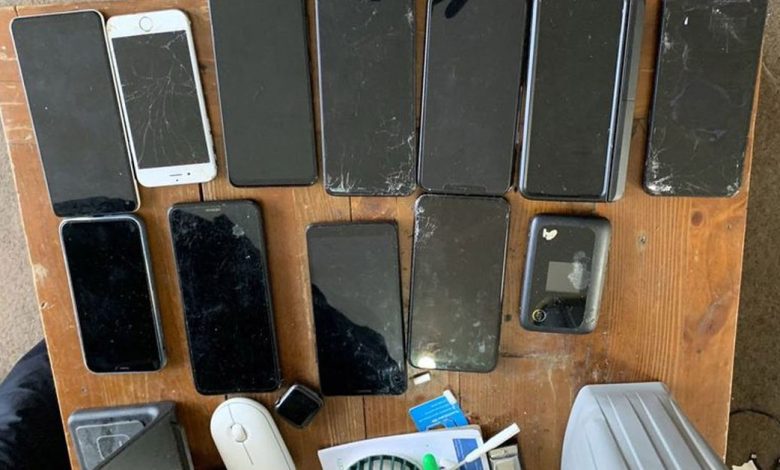Five people arrested in Australia over global cyber attacks

Australian offenders are allegedly among 10,000 cybercriminals globally who have used the platform, known as LabHost, to trick victims into providing personal information, such as online banking logins, credit card details and passwords, through phishing attacks.
The Australian Federal Police today gave details about the local arm of the investigation that resulted in the five arrests.

Acting Assistant Commissioner Cyber Command Chris Goldsmid said the AFP and state and territory police yesterday carried out 22 raids across five jurisdictions.
“A Melbourne man and an Adelaide man, who police will allege were LabHost users, were arrested during the warrants and charged with cybercrime-related offences. Three Melbourne men were also arrested by Victoria Police and charged with drug-related offences,” he said.
Overseas law enforcement agencies arrested a further 32 people as part of the operation against LabHost.
Australian police also dismantled the LabHost’s domain and 207 criminal servers. The servers were used to host fraudulent phishing websites created by LabHost.
Phishing is a criminal technique to trick victims into providing personal information, such as their banking logins, credit card details and passwords, often through fraudulent links sent to them via texts and emails.

Goldsmid said LabHost was a “one-stop-shop” for phishing, enabling cybercriminals to replicate more than 170 fraudulent websites of reputable banks and government departments, including the myGov online portal.
“LabHost alone had the potential to cause $28 million in harm to the Australians through the sale of stolen Australian credentials,” said Goldsmid.
“In addition to financial losses, victims of phishing attacks are subject to ongoing security risks and criminal offending, including identity takeovers, extortion and blackmail.”

Bizarre places becoming a hotbed of cybercriminals
LabHost originated in Canada in 2021, targeting North America, and expanded to the UK and Ireland, before going global.
Australian criminals are believed to be among its top-three user countries.
Goldsmid said investigations in Australia and overseas will continue over coming weeks and further arrests were expected.




